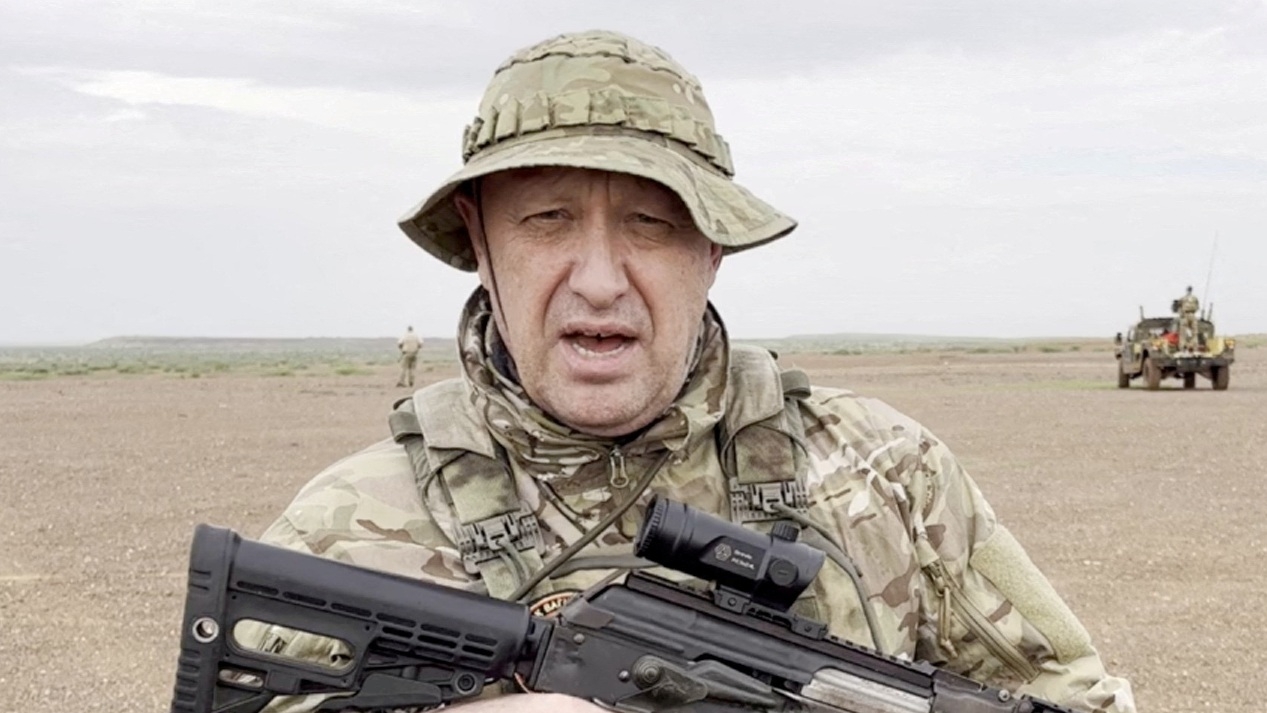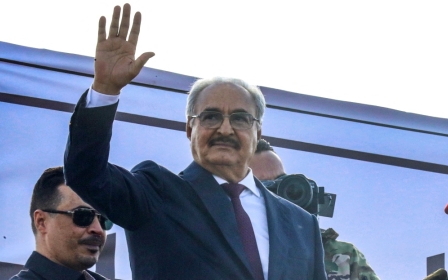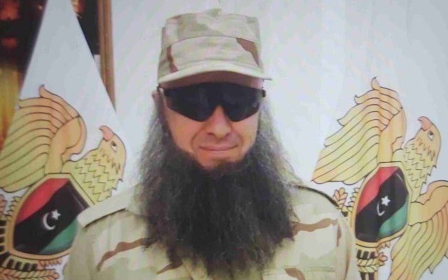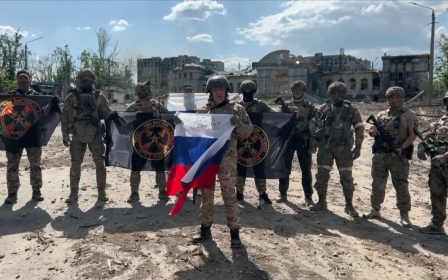Wagner chief Yevgeny Prigozhin listed among plane crash passengers

Wagner chief Yevgeny Prigozhin, whose group launched a failed rebellion against President Vladimir Putin in June, was on a plane that crashed in Russia, leaving no survivors, according to Russian civil aviation officials.
Russian civil aviation officials added that Dmitry Utkin, a commander with the Wagner group, was also on board the plane.
The Russian defence ministry, whose vicious feud with Prigozhin sparked his rebellion, has yet to comment, but the Wagner-linked Grey Zone Telegram channel reported that the mercenary chief died in the crash.
Emergency workers told the Russian news agency Interfax that they found the bodies of all seven passengers plus three crew members who were onboard.
The bodies were taken to a morgue in Tver, some 95km north of Moscow.
New MEE newsletter: Jerusalem Dispatch
Sign up to get the latest insights and analysis on Israel-Palestine, alongside Turkey Unpacked and other MEE newsletters
The Wagner group's office in St Petersburg lit up its windows in such a way as to display a giant cross, while supporters of the group brought flowers to a makeshift shrine.
US President Joe Biden strongly suggested Putin's involvement in the apparent death, saying: "I don't know for a fact what happened, but I’m not surprised.
"There's not much that happens in Russia that Putin's not behind. But I don't know enough to know the answer."
Ukrainian presidential aide Mykhaylo Podolyak said the crash was "a signal from Putin to Russia’s elites ahead of the 2024 elections. 'Beware! Disloyalty equals death'."
Meanwhile, Alicia Kearns MP, who chairs the UK Parliament's Foreign Affairs Committee, went to Twitter, now called X, to say that the news shows Putin is sending a "very loud" message.
"The speed at which the Russian Govt has confirmed Yevgeny Prigozhin was on a plane that crashed on a flight from Moscow to St Petersburg should tell us everything we need to know," Kearns said.
Putin made no mention of the incident during a speech late on Wednesday to mark the 80th anniversary of Soviet troops' victory in the Battle of Kursk during the Second World War.
Wagner mutiny
The Wagner Group, which has been deployed in various countries at Moscow's behest, was most recently involved in the war in Ukraine.
It has been militarily active in Syria since 2015, when its mercenaries were deployed to fight alongside President Bashar al-Assad’s forces.
The group has also been a key player in Libya, helping military commander-turned-warlord Khalifa Haftar gain control of the southern and eastern regions of the country.
In Sudan, the group is believed to be active primarily in a security capacity to protect resources, including lucrative goldmines.
Wagner is also active in Mozambique, Madagascar, Mali, and the Central African Republic, amongst several other African states.
On 23 June, the mercenary group turned against Russia’s military leadership and began marching from Ukraine to Moscow.
The next day, a deal was struck that allowed Prigozhin to safely travel to Belarus in return for ending the mutiny.
Middle East Eye previously reported that the Russian government was having difficulties with taking control of the company, which has a spider network of troops and operatives in multiple countries.
Middle East Eye delivers independent and unrivalled coverage and analysis of the Middle East, North Africa and beyond. To learn more about republishing this content and the associated fees, please fill out this form. More about MEE can be found here.




